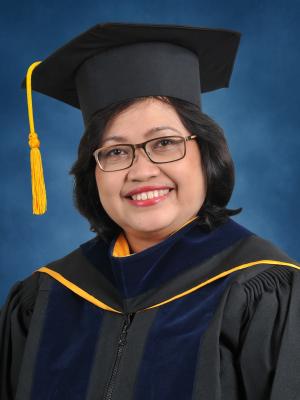Professor of IPB: ASI and Tempe, Local Probiotics for Public Health

Permanent Professor of Faculty of Agricultural Technology, Bogor Agricultural University (IPB), Prof.Dr. Lilis Nuraida, said the breastmilk (ASI) and tempe could be the probiotics which could improve the public health in Indonesia. The probiotics were shown to prevent the diarrhea caused by various things such as bacterial infection, viruses and protozoa, as well as the use of antibiotics.
The probiotics also could prevent the occurence of lactose intolerance and other gastrointestinal disorders. Other potential, the probiotics could prevent diabetes mellitus type 2, prevent allergies, enhance the immune response, reduce cholesterol, and prevent cancer and disease of hepatic encephalopathy.
In ASI taken from 28 breastfeeding mothers who had just given birth in Bogor, there were Lactobacillus, Bifidobacterium and lactic acid bacteria. Every day a baby got intake of lactic acd bacteria cells which had been adapted to the nutrition of his/her mother. The amount was about 500 thousand to 5 million cells.
“This amount is very meaningful for initiation of the colonization of beneficial bacteria in babies and contributing to the baby’s health. Some lactic acid bacteria derived from nursing mothers in Bogor have the potential as the probiotics,” she said in the press conference of pre oration in Media Center, Campus of IPB Darmaga (11/2). Prof. Lilis had conducted the scientific oration on Saturday (13/2).
In addition to ASI, she explained, tempe also contained the lactic acid bacteria over 10 million cells per gram. L. fermentum as the origin of tempe had potential as the probiotics and could absorb cholesterol. The lactic acid bacteria cells that had died in tempe that had been cooked could act as the postbiotics which could modulate the immune system.
“The dominance of beneficial microorganism in the digestive tract is contributing to the human’s health. You do this by providing the protection against invading pathogenic bacteria, stimulating the immune response, helping the digestion and playing a role in the maturation of the central nervous system and the behavior,” she said.(zul)
Contact:
Prof.Dr. Lilis Nuraida
No. HP 0811118583



